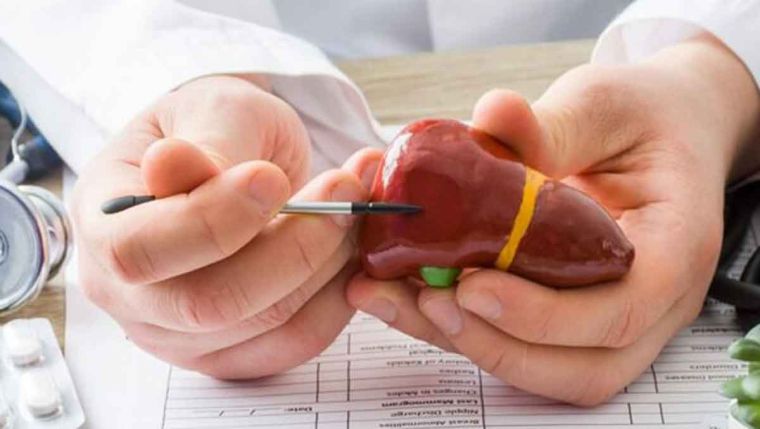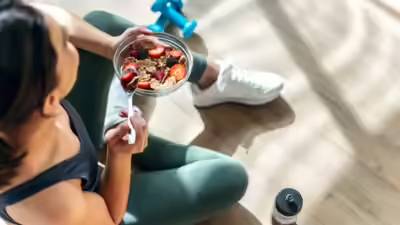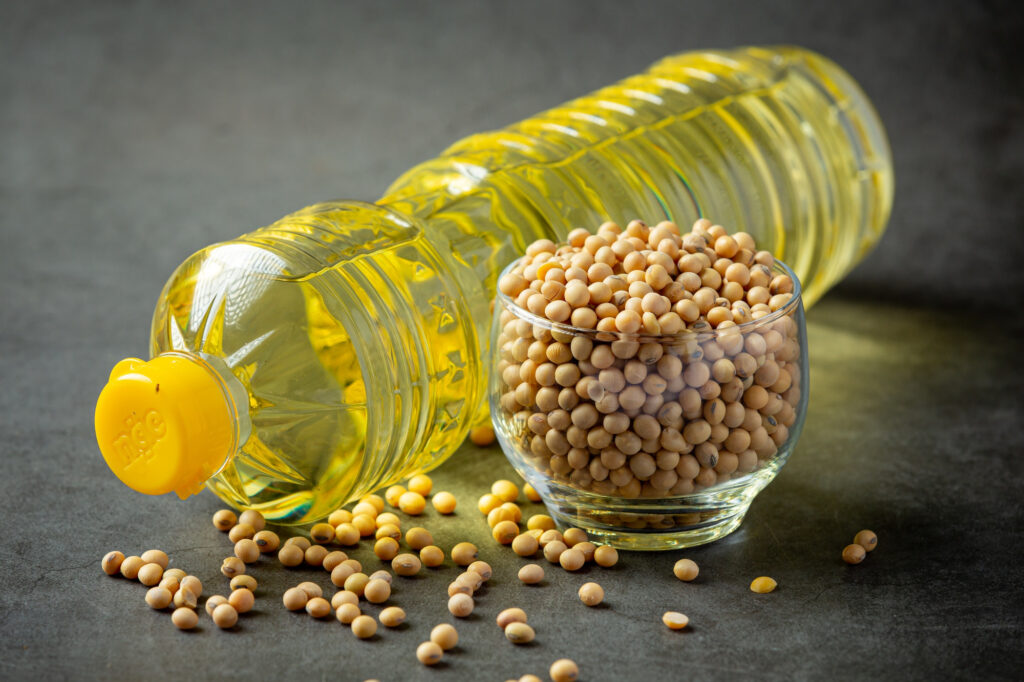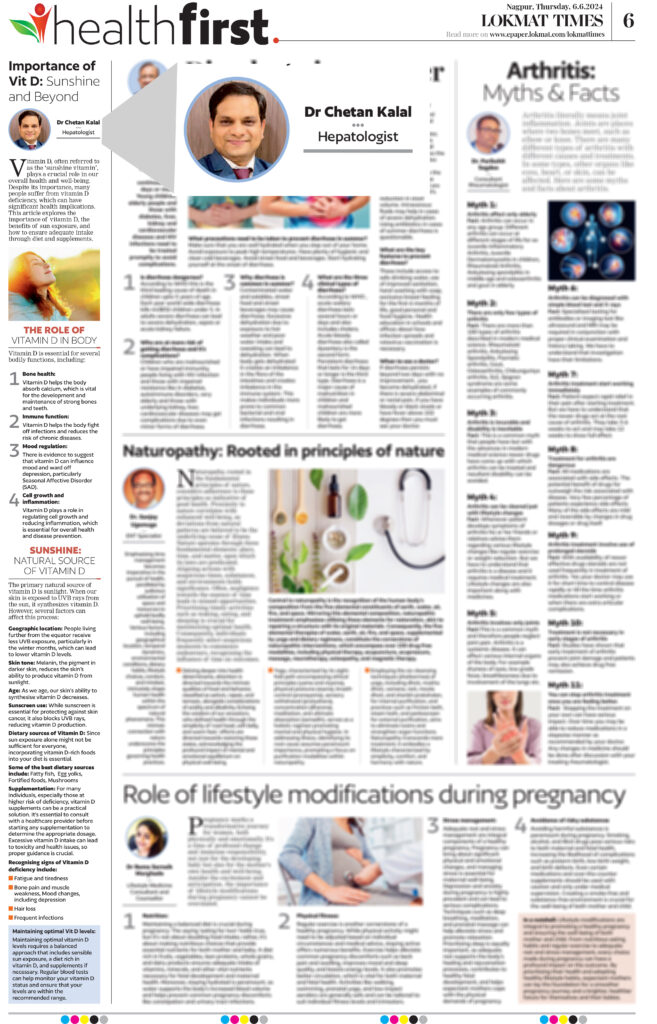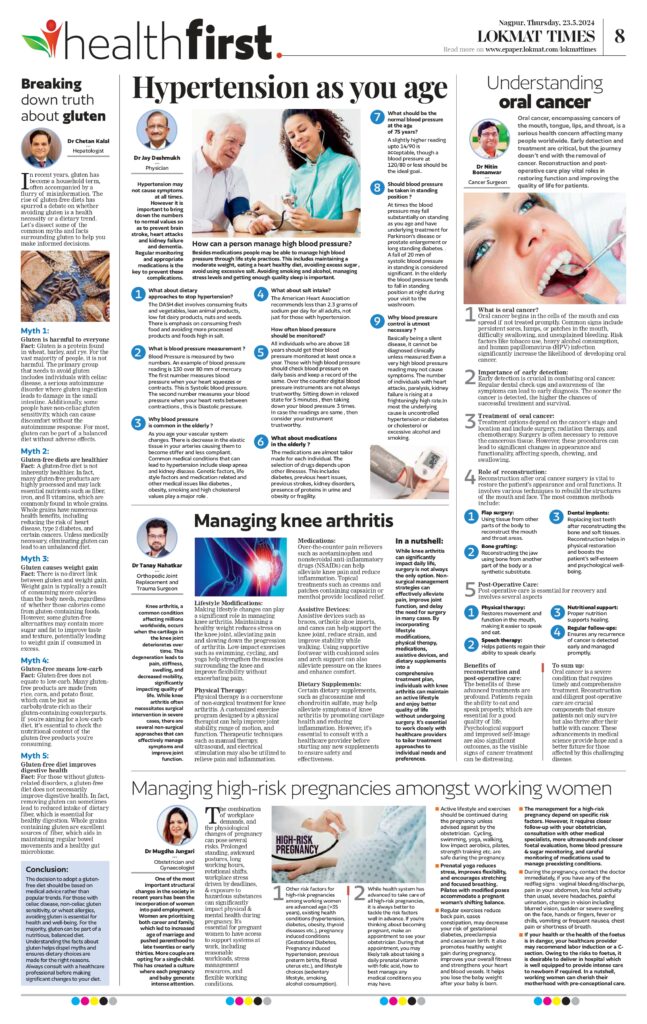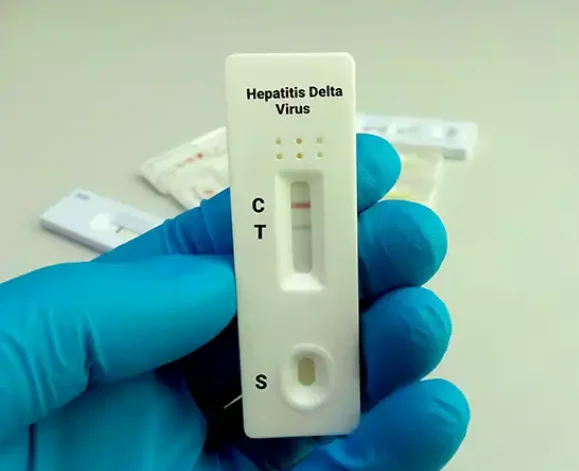Why India now ranks among the world’s top 3 for fatty liver disease
Why India now ranks among the world’s top 3 for fatty liver disease India is witnessing a silent but alarming rise in fatty liver disease, now placing the country among the world’s top three most affected nations. A recent global study published in the ‘Journal of the American Medical Association’ reveals that metabolic dysfunction–associated steatotic liver disease (MASLD), also known as non-alcoholic fatty liver disease, has become the most common chronic liver disorder worldwide, affecting nearly 30–40 per cent of the adult population. The condition is closely linked to the surge in obesity and diabetes, with nearly 60–70 per cent of people with type 2 diabetes and up to 80 per cent of those with obesity found to have fatty liver. The situation in India is particularly worrying. Between 2010 and 2021, the country recorded a 13.2 per cent rise in age-standardised prevalence, ranking just behind China and Sudan. Studies also warn that MASLD is not merely a lifestyle condition but a serious health threat associated with liver cancer, heart disease, and premature mortality. To understand why India is seeing such a sharp increase, whether fatty liver is truly a “new-age” disease, how urban and rural patterns differ, and what preventive steps can make a real difference, First Check spoke to Dr Chetan Kalal, Associate Director, Department of Hepatology at Gleneagles Hospital, Mumbai, and Maharashtra’s first DM Hepatologist. Is fatty liver disease a new phenomenon in India? Dr Chetan Kalal explained that fatty liver disease is not a new health problem in India, but its true burden has become more visible in recent years due to changing lifestyles and better detection methods. “Fatty liver was always present. What has changed is that metabolic risk factors like obesity, type 2 diabetes, and sedentary lifestyles have increased sharply. Because of this, the actual prevalence has genuinely gone up,” he said. He pointed out that the trend is not limited to India alone. “Globally, around 30 to 40 per cent of adults are already affected by fatty liver disease. Among people with type 2 diabetes and obesity, this figure can go up to nearly 80 per cent,” Dr Kalal noted. According to him, improved diagnosis has also played a major role in the apparent surge. “Earlier, fattyliver was largely underdiagnosed. Today, awareness has increased. More people undergo routine health check-ups, ultrasound scans, and imaging like CT or MRI for other medical reasons. Many cases are now being detected incidentally, which was not common earlier,” he explained. Dr Kalal added that the medical understanding of fatty liver has also evolved significantly over the past two decades. “Between the 1990s and early 2010s, fatty liver was not taken very seriously. It was discussed, but it was not formally recognised as a major public health threat,” he said. What has changed now, he stressed, is the growing evidence linking fatty liver to life-threatening complications beyond the liver. “We now know that fatty liver is not just about cirrhosis. It is strongly associated with higher cardiovascular mortality, increased risk of stroke, and other serious extrahepatic diseases, often occurring even before cirrhosis develops,” Dr Kalal warned. This shift in understanding has made early detection a priority. “Our focus today is on identifying fattyliver early so that we can prevent irreversible liver damage like cirrhosis and, more importantly, reduce the risk of deadly heart-related complications,” he added. What is driving India’s surge in MASLD cases? Dr Kalal explained that Indians and South Asians are biologically more prone to developing metabolic risk even at lower body weight. “As South Asians, we tend to accumulate more visceral fat – the dangerous fat around internal organs, even when our overall BMI appears normal. Many people may look thin in their arms and legs but have a prominent abdominal bulge,” he said. This pattern, he added, is medically described as TOFI – ‘Thin Outside, Fat Inside’. “Because of this TOFI phenotype, many Indians carry high metabolic risk without obvious obesity. This makes them more vulnerable to insulin resistance and fatty liver disease,” Dr Kalal explained. Beyond genetic predisposition, lifestyle changes have significantly worsened the problem. Dr Kalal pointed to major dietary shifts in recent years. “There has been a sharp rise in consumption of ultra-processed foods, sugary beverages, refined carbohydrates and frequent snacking. These dietary habits directly contribute to weight gain and metabolic dysfunction,” he said. Sedentary behaviour is another major contributor. “People now move much less. Screen time has increased, physical activity has reduced, and daily routines have become increasingly digital. Added to this are poor sleep patterns and high stress levels, all of which further worsen insulin resistance,” he noted. According to Dr Kalal, these combined factors drive not only fatty liver but also a broader health crisis. “MASLD is not just a liver disease. It is strongly linked to heart disease, stroke, cancers and increased overall mortality,” he warned. He also emphasised the importance of liver fibrosis as a key indicator of long-term risk. “The stage of fibrosis, how stiff or scarred the liver has become, is one of the strongest predictors of outcomes. This is why early detection is critical,” Dr Kalal said. Importantly, he highlighted that many serious complications occur even before advanced liver damage develops. “In the early stages, before cirrhosis sets in, patients are more likely to die from cardiovascular disease, stroke or cancers. Once cirrhosis develops, liver-related complications then become the main cause of death,” he explained. Is fatty liver still an urban disease, or is rural India equally affected? Dr Kalal said the traditional perception of fatty liver as an “urban lifestyle disease” is rapidly changing. “The urban–rural gap is narrowing. There is now strong Indian data showing a high prevalence of fattyliver disease in both urban and rural populations,” he explained. From his clinical experience, Dr Kalal noted that urban populations still show a slightly higher risk due to more sedentary jobs and greater exposure to ultra-processed foods. “City lifestyles often involve desk-based work, long screen hours and easy access to fast food, which increases metabolic risk,” he said. However, he emphasised that rural India is no longer immune to these trends. “Rural populations are increasingly consuming processed and packaged foods. Physical labour is also reducing as traditional manual work is being replaced by
Why India now ranks among the world’s top 3 for fatty liver disease Read More »

